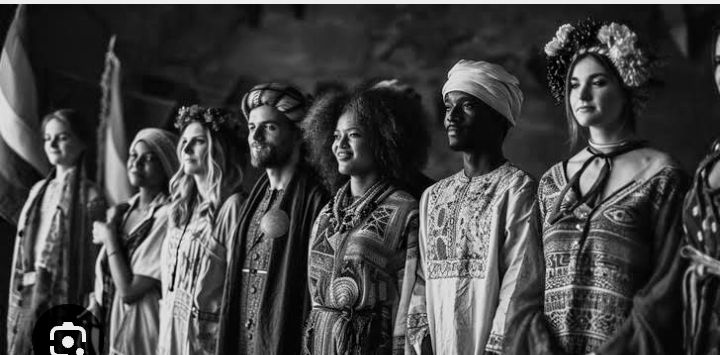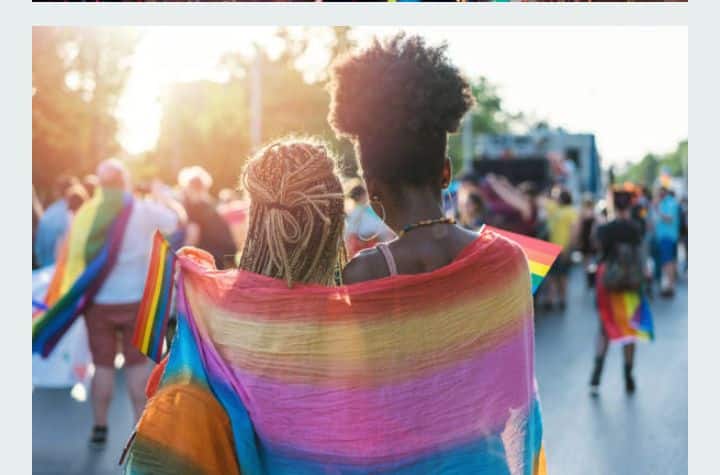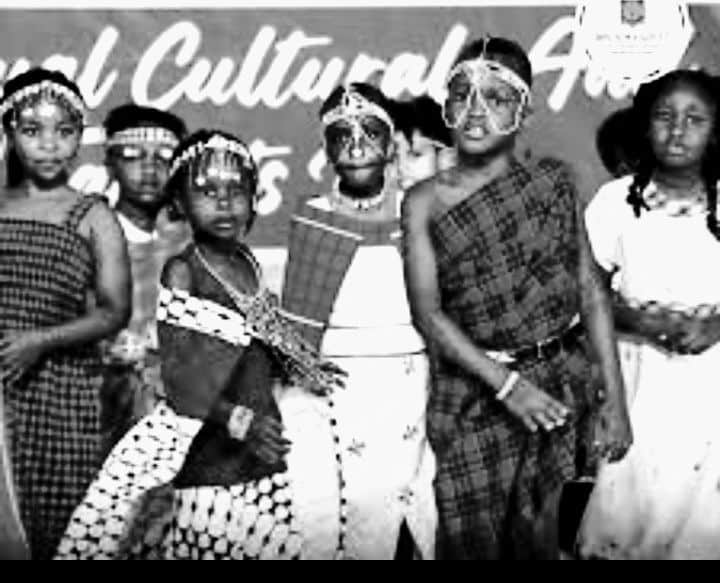In an increasingly interconnected world, the celebration of diversity through cultural events has become essential in fostering understanding, appreciation, and respect among different communities. Cultural events showcase the rich tapestries of traditions, practices, and histories that shape our societies. These gatherings promote inclusivity by providing platforms for dialogue, education, and connection, helping to dismantle stereotypes and build bridges across cultural divides. This article explores the significance of cultural events in celebrating diversity, highlights various types of cultural festivals and events, and discusses their impact on communities.

1. The Value of Cultural Events
Fostering Understanding and Empathy Cultural events serve as powerful tools for promoting understanding and empathy among individuals from diverse backgrounds. By exposing attendees to different customs, cuisines, languages, and art forms, these events dissolve misconceptions and encourage appreciation for other cultures. Participating in cultural celebrations allows individuals to experience the richness of traditions that may differ from their own, fostering mutual respect and learning.
Strengthening Community Bonds Cultural events play an essential role in building and strengthening community bonds. They provide opportunities for individuals to connect with others who share similar backgrounds, interests, or experiences while also welcoming those from different cultures. Festivals, parades, and workshops create spaces for collaboration and interaction, leading to greater social cohesion and the establishment of friendships that cross cultural lines.
Preserving Heritage and Traditions Cultural events are vital for preserving heritage and traditions, especially as globalization continues to introduce rapid changes to local customs. Festivals and celebrations provide a platform for communities to showcase their cultural practices, ensuring that traditions are passed down through generations. These events educate younger members of the community about their roots and foster a sense of pride in their cultural identity.
2. Types of Cultural Events.
Festivals and Fairs Cultural festivals and fairs often serve as vibrant spectacles of diversity, featuring music, dance, food, and art from various cultures. Examples include:-
Diwali Celebrations: Celebrations of the Hindu festival of lights incorporate music, dance performances, and traditional Indian cuisine, providing an opportunity for attendees to witness the significance of the festival.
Chinese New Year : This celebration features dragon dances, cultural performances, and traditional foods that illuminate the rich heritage of Chinese culture.
Pride Festivals : Celebrated in cities around the world, Pride festivals honor the LGBTQ+ community’s diversity and history through parades, workshops, and cultural performances, advocating for inclusivity and equality.
Workshops and Educational Events Workshops and seminars that focus on various cultural practices offer community members the chance to learn new skills, such as traditional crafts, cooking, and language classes. These educational events facilitate greater understanding of the cultural significance behind different practices, motivating participants to engage in further exploration of other cultures.

Cultural Exchange Programs Cultural exchange initiatives provide individuals from different backgrounds the opportunity to immerse themselves in another culture. These programs may involve art exhibitions, theater productions, or academic exchanges, allowing participants to gain first-hand experience while sharing their own cultural narratives. Through collaboration in the arts, literature, or academia, participants promote cross-cultural dialogue and collaboration.
3. The Impact of Cultural Events on Society.
Building Inclusive Communities Cultural events contribute significantly to building inclusive communities by providing a space for individuals to come together and celebrate their differences. This inclusivity fosters social harmony, encouraging collaboration among diverse groups. By highlighting the contributions of different cultures, cultural events create an environment where all individuals feel valued and respected, enhancing public well-being and cohesion.
Economic Benefits Cultural events also drive local economic development. Festivals and fairs attract visitors, stimulating local businesses in hospitality, retail, and entertainment. The infusion of diverse cultural expressions can generate new opportunities for professional and artistic collaborations, enhancing the local cultural economy. This economic boost is beneficial for communities both economically and socially, as it helps create jobs and preserves cultural heritage.
Encouraging Global Awareness As cultural events attract international participants and visitors, they foster global awareness and encourage a multinational perspective. Engaging in cross-cultural experiences cultivates an appreciation for the interconnectedness of our global community. This awareness equips individuals with the insights needed to navigate cultural differences effectively and promotes a sense of shared responsibility for addressing global challenges, such as inequality and environmental issues.

4. Overcoming Challenges in Celebrating Diversity.
Ensuring Authentic Representation While cultural events offer opportunities for celebration, organizers must ensure that representations are authentic and respectful. This may involve engaging community members in the planning process, emphasizing accuracy in the portrayal of cultural traditions, and being mindful of cultural appropriation. Authentic representation fosters trust and ensures that events genuinely reflect the cultural significance of the traditions being celebrated.
Addressing Potential Conflicts Cultural events can sometimes bring underlying tensions to the surface, particularly in areas marked by historical conflict or misunderstanding. Organizers need to be prepared to address potential conflicts through dialogue and mediation, fostering an atmosphere of understanding and cooperation. By promoting conversations that acknowledge shared histories and common goals, events can serve as platforms for healing and reconciliation.
Accessibility and Inclusivity Ensuring that cultural events are accessible and inclusive is paramount. Consideration should be given to language barriers, economic disparities, and physical accessibility to ensure that all community members can participate and enjoy the celebrations. Creating a welcoming environment that encourages diverse participation strengthens collective experiences and enriches community life.
Celebrating diversity through cultural events is a powerful way to foster understanding, build community bonds, and preserve heritage. As societies become increasingly multicultural, the importance of these celebrations cannot be overstated. They serve as platforms for education, connection, and appreciation, allowing individuals to engage with and learn from one another.By recognizing the significance of cultural events in shaping inclusive and vibrant communities, we promote a world where differences are embraced and shared experiences are cherished. As globalization continues to influence our lives, it is essential to celebrate diversity and cultivate a culture of respect, understanding, and harmony through these dynamic cultural gatherings. Embracing the richness of diverse traditions will not only enhance our collective identity but also foster a future characterized by collaboration, solidarity, and peace.




